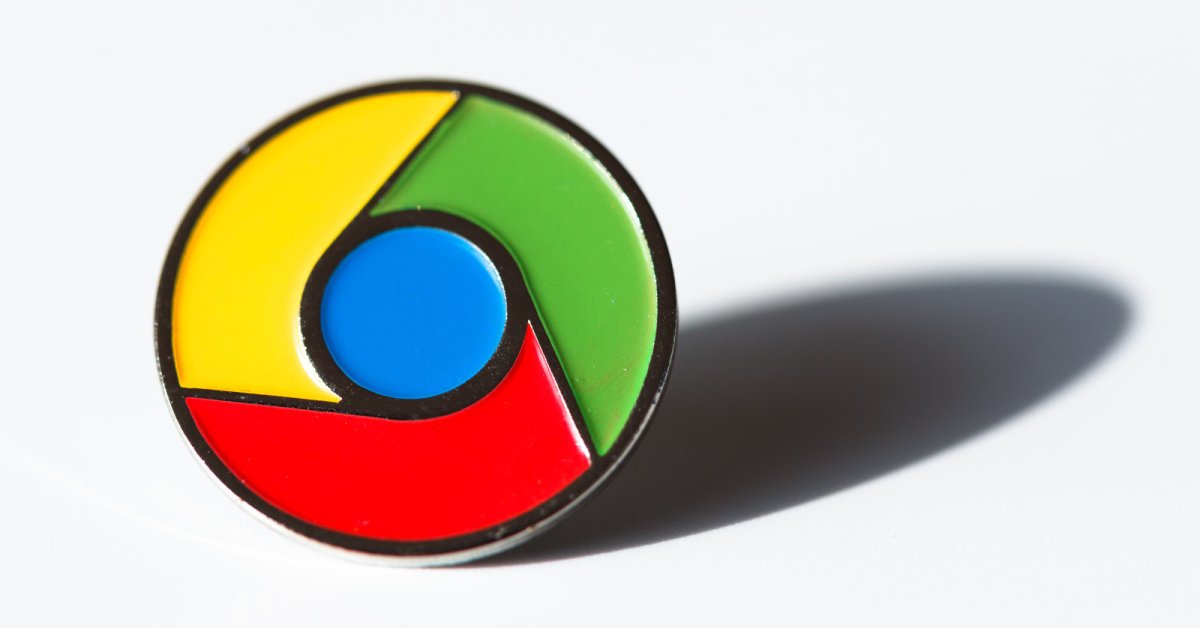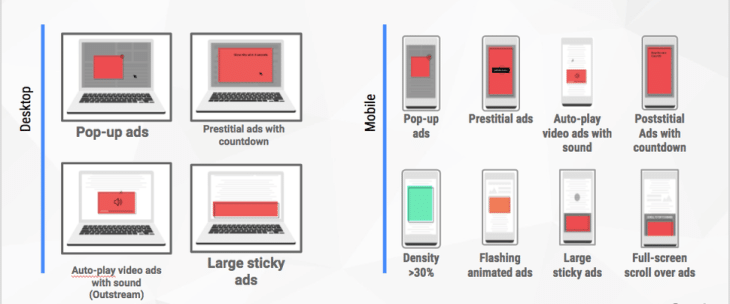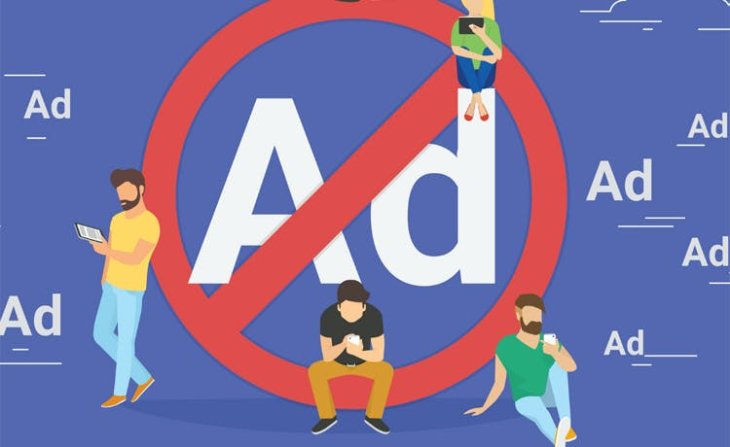Chrome Will Block All Annoying Ads And Spams Worldwide Since July 9
Indira Datta - Jan 10, 2019

Google Chrome has just provided website publishers around the world with the ability to manage their ads on the web to check and remove them.
- Google Offers Voluntary Buyouts to US Employees Amid AI Push
- Google SynthID: Everything You Need to Know About AI Content Detection
- NotebookLM Mobile App: Enterprise AI Capabilities Now Available on iOS and Android
Google Chrome announced that since this summer it will begin blocking disturbing ads on websites on a global scale.
Starting from July 9 this year, Chrome will conduct the removal of annoying advertisements into its browser in all countries of the world to protect everyone from being disturbed while surfing the web. This is an extended and improved version of an ad-blocking feature that was released in February 2018. The previous feature focused only on countries in Europe and North America.

Annoying ads will be removed on all devices
Annoying ads appearing on websites will be determined by the Coalition for Better Ads. Instead, the company will provide ads with higher standards. Both mobile devices and desktop computers are applied to this advertising and spam prevention plan.
Since Wednesday, publishers all over the world have access to Ad Experience Report to identify whether or not have they released intrusive advertisements on their sites.

In addition, Google Chrome also gives a warning to sites with too high advertising levels, forcing them to change the way otherwise they will be blacklisted. Google Chrome has reviewed and checked millions of websites worldwide and they are continuing that work in the following months.
Google Chrome's Better Ads Standards program has achieved much success since its launch. Two-thirds of websites in Canada, the US and Europe have not complied with the rules once before, nowadays are keeping stable and working well. In addition, of the millions of websites they consider, the company sees that no more than 1% of websites have their ads.
Google Chrome, or Chrome, is a cross-platform web browser that Google developed and released in 2008. The browser works on Android, iOS, macOS, Linux, and Microsoft. It is also the key component of Chrome OS, serving as web apps' platform. Most of source code of Chrome comes from the open source Chronium project of Google.
Featured Stories

ICT News - Jul 05, 2025
Windows 11 is Now the Most Popular Desktop OS in the World

ICT News - Jul 02, 2025
All About Florida’s Alligator Alcatraz: A Smart Move for Immigration Control

ICT News - Jun 25, 2025
AI Intimidation Tactics: CEOs Turn Flawed Technology Into Employee Fear Machine

ICT News - Jun 24, 2025
Tesla Robotaxi Finally Hits the Streets: $4.20 Rides That'll Make You Hold Your...

ICT News - Jun 24, 2025
World's First Flying Humanoid Robot Takes Flight

ICT News - Jun 24, 2025
When Closed Source Met Open Source: Bill Gates Finally Meets Linus Torvalds After...

Gadgets - Jun 23, 2025
COLORFUL SMART 900 AI Mini PC: Compact Power for Content Creation

ICT News - Jun 22, 2025
Neuralink Telepathy Chip Enables Quadriplegic Rob Greiner to Control Games with...

ICT News - Jun 20, 2025
Tesla vs Zoox vs Waymo: Who would win?

ICT News - Jun 19, 2025
Comments
Sort by Newest | Popular